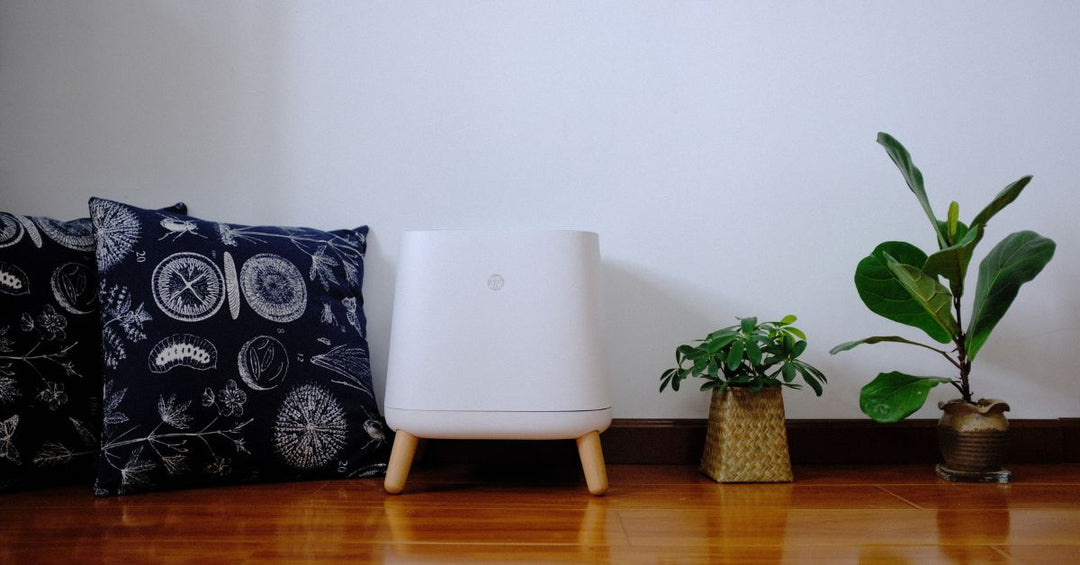Why Low Levels of Air Pollution Actually Cause the Most Harm
As a nerd passionate about helping the world breathe clean air for nearly a decade, I recently came across something that blew my mind. Lower levels of air pollution are more harmful than higher levels. WHAT?! How could this be?

My Intuition About Air Pollution’s Health Effects
Join me for a quick thought experiment. Let’s say you could wave a magic wand and reduce PM2.5 pollution by 5 micrograms in either Chicago (where I live) or Beijing (where I often go).


Your goal? Save the most lives possible. Where would you put your magic wand to work?
Before you decide which city to help, it is important to understand the relationship between PM2.5 and death. Would it look like this?

In this case, the idea is that air pollution hurts us little by little, but then the damage really starts to get bad at severe levels. This logic is implicit when people ask questions like, “How much saturated fat is safe?” Or “what’s a safe level of lead in my body?”
Or does pollution affect us in a more linear way?

That makes sense to me too. In that case, each step up in air pollution hurts us the same as the step before.
But scientists analyzed the effects of PM2.5 on death, and the data says both of my intuitions are wrong.
It’s the opposite! Lower numbers actually hurt more.

Or in the form of actual data, this is what it looks like. An increase in pollution at higher levels does LESS damage than increases at lower levels.

If that doesn’t make you poop your pants, perhaps you’re not such a stats nerd like me. But here’s why that graph is crazy.
Let’s say China has a bad year, and air pollution goes from 125 to 150 micrograms. Based on China’s population, that would mean 60,000 more people will die.

That’s a lot of people, probably more than have died on “The Walking Dead” total.
But that same increase—25 micrograms—would kill almost twice as many people (per capita) if it happened in China’s cleanest major city, Shenzhen.

How does that make any sense? Why would low levels matter more?
Here’s a metaphor: imagine getting hit by a baseball bat.

That first hit would hurt a lot—probably break some bones. But what about the fifth strike? The tenth strike? A lot of the damage has already been done, so the tenth strike doesn’t add much. (Sorry for the gruesome metaphor!)
Two Reasons Why This All Matters
Besides being a surprising finding, this datapoint actually has real-world implications.
1. The most important progress is still ahead
I lived through a year of Beijing smog when the average was over 100 micrograms. In 2018, Beijing averaged about 50 micrograms.

That’s amazing progress! Beijing cut its PM2.5 by 50 micrograms.

But because of the baseball bat principle, Beijing would save more lives if they improved from here. Oddly enough, improvement becomes more valuable once things are pretty clean.
2. If you’re in a “safe” city like I am, you should be worried.
For my day-job, I live in Chicago. When I see graphs like this, I feel pretty good about myself. I feel safe.

But the new studies on health effects at low levels of pollution have changed the way I think about safe air. The baseball bat principle could explain why recent studies have been finding meaningful health effects on blood pressure and diabetes.

Data has even found meaningful effects comparing 12 micrograms to 7 micrograms. Less is better.
Bottom Line: Low levels of pollution are a problem
Pollution isn’t just a Delhi or Beijing problem. People in “clean” cities like where I live should be worried too.
Breathe safe!

P.S. As scary as that data is, the data on the effectiveness on purifiers and masks is scary good. I cover that data and the three simple, low-cost things I do that drastically reduce the amount of pollution I breathe when I’m in Beijing and Delhi.
How I Protect Myself
Smart Air is a certified B Corp committed to combating the myths big companies use to inflate the price of clean air.
Smart Air provides empirically backed, no-nonsense purifiers and masks, that remove the same particles as the big companies for a fraction of the cost. Only corporations benefit when clean air is a luxury.





